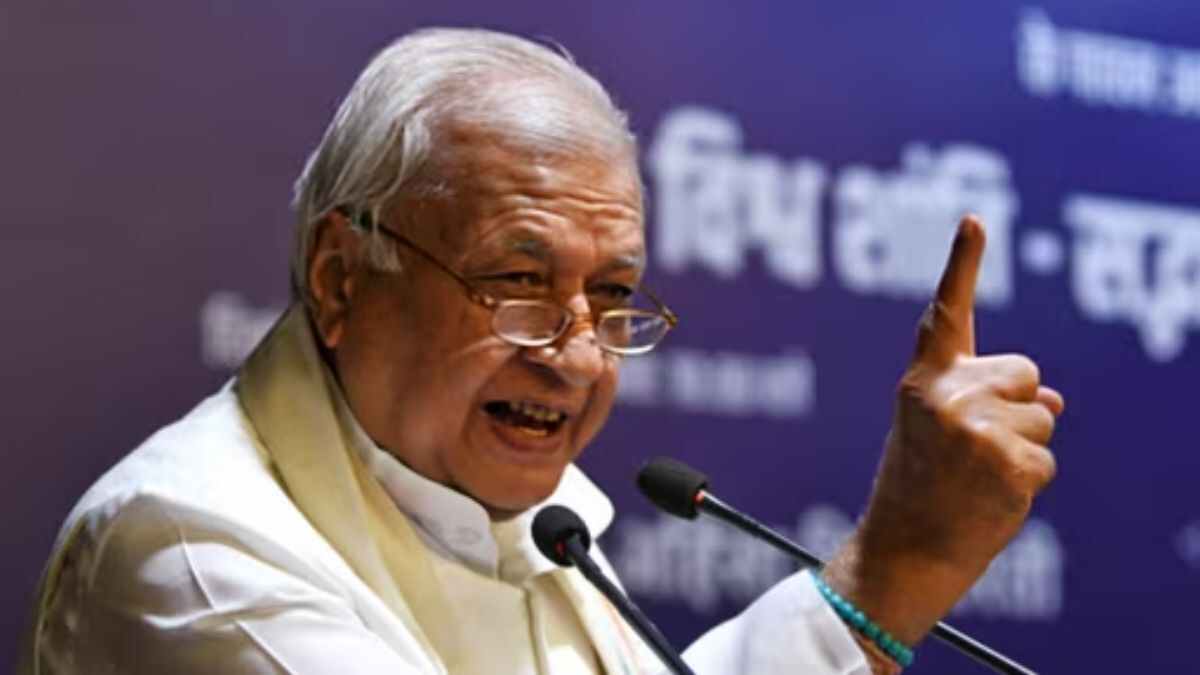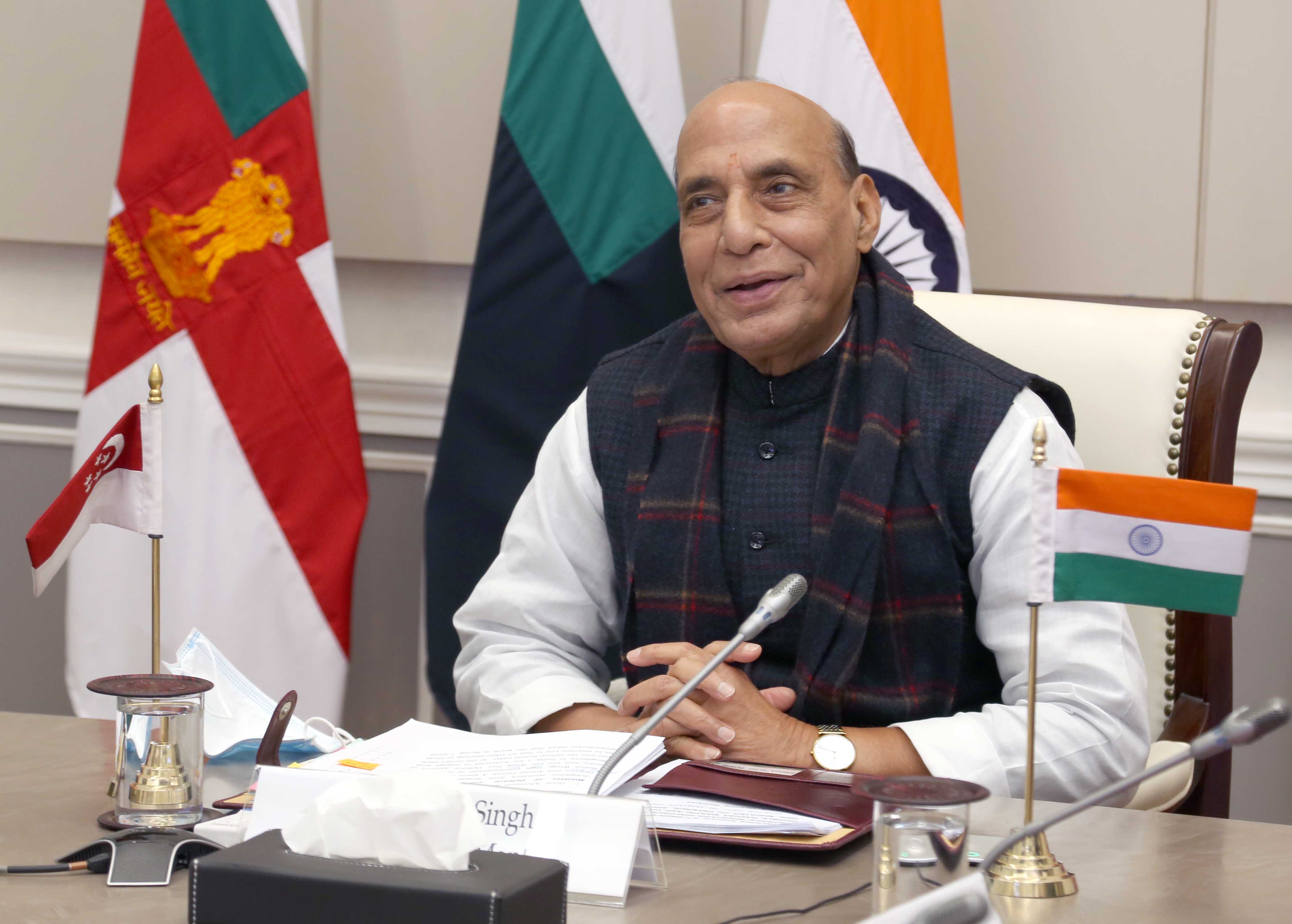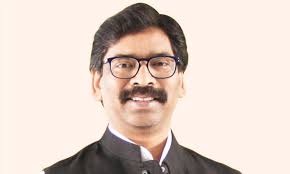Tensions are rising in Kerala as Governor Arif Mohammed Khan has been granted Z+ security by the central government following a series of clashes with student activists. This security measure highlights the escalating political turmoil in the state, fueled by disagreements between the governor and the ruling Left Democratic Front (LDF) government led by Chief Minister Pinarayi Vijayan.
 The recent tussle between Khan and student activists stemmed from his criticism of the LDF government’s policies. Khan, who is affiliated with the Bharatiya Janata Party (BJP), has frequently voiced his disapproval of certain decisions taken by the state government, particularly those related to universities and education. This has drawn the ire of student organizations, especially the Students’ Federation of India (SFI), the student wing of the Communist Party of India (Marxist).
The recent tussle between Khan and student activists stemmed from his criticism of the LDF government’s policies. Khan, who is affiliated with the Bharatiya Janata Party (BJP), has frequently voiced his disapproval of certain decisions taken by the state government, particularly those related to universities and education. This has drawn the ire of student organizations, especially the Students’ Federation of India (SFI), the student wing of the Communist Party of India (Marxist).
In one particularly tense incident, SFI activists staged a protest against Khan by waving black flags and shouting slogans as he was on his way to a function in Kollam district. The governor, visibly angered by the demonstration, demanded the arrest of the protesters and even sat on the roadside in protest himself. This incident, captured on video and widely circulated on social media, further amplified the existing tensions between Khan and the student activists.
Fearing for Khan’s safety amidst the escalating protests, the central government decided to upgrade his security to the highest level, the Z+ category. This indicates that Khan will be protected by a contingent of at least 50 CRPF personnel around the clock. He will also be provided with an armoured car and a helicopter for enhanced mobility and security.
The granting of Z+ security to Khan is a stark indicator of the worsening political climate in Kerala. It reflects the deep disagreements between the governor and the state government, which are spilling over into the streets and creating an atmosphere of unrest.
Beyond the immediate concerns about Khan’s safety, the escalating tensions in Kerala have wider implications for the state’s political and social fabric. The continuous friction between the ruling party and the opposition can hinder governance and impede the progress of crucial development projects. Moreover, the involvement of student activists in violent protests raises concerns about the politicization of educational institutions and the potential for further radicalization among young people.
It is imperative for both the state government and the opposition to engage in constructive dialogue and find common ground on critical issues. They must prioritize the well-being of the state and its citizens above their political differences. Open communication, mutual respect, and a willingness to compromise are essential to de-escalate the current situation and restore normalcy to Kerala’s political landscape.
Only through concerted efforts towards reconciliation and understanding can Kerala hope to navigate these turbulent times and emerge stronger as a united state.
- The granting of Z+ security to Khan has been met with mixed reactions in Kerala. Some view it as a necessary step to ensure his safety, while others see it as an excessive and unnecessary use of state resources.
- The student activists involved in the protests against Khan have defended their actions, claiming that they are exercising their democratic right to dissent. However, their methods have been criticized by some for being disruptive and potentially endangering public safety.
- The escalating tensions in Kerala are being closely monitored by the national media and political circles. The state’s political climate is likely to remain a topic of discussion in the coming days and weeks.




